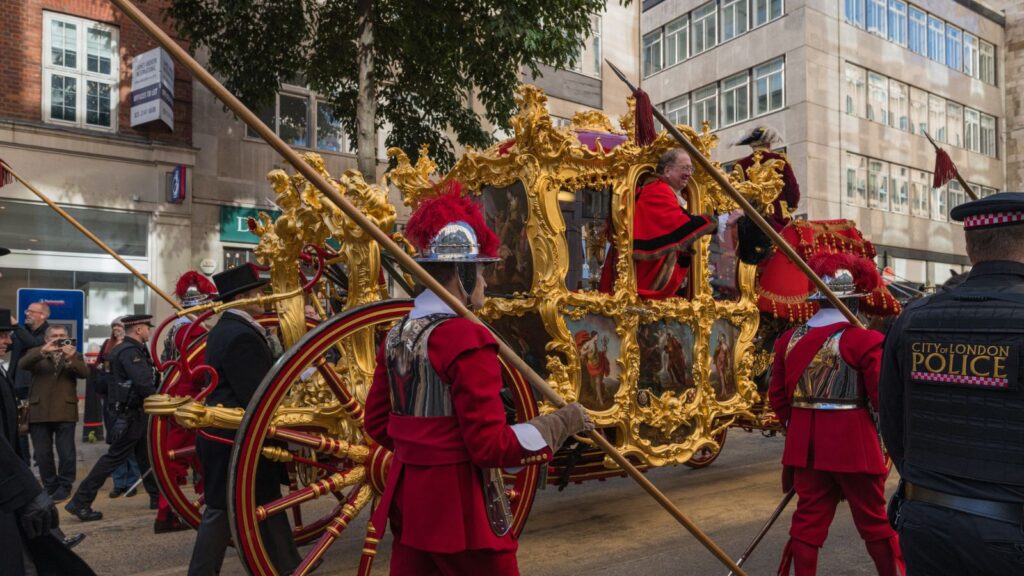While many of the UK’s customs bring charm and a sense of identity, there are some that feel out of step with modern life. Some traditions that once made sense are now outdated, clashing with the values and pace of life these days—so let’s explore them.
The Royal Ascot Dress Code
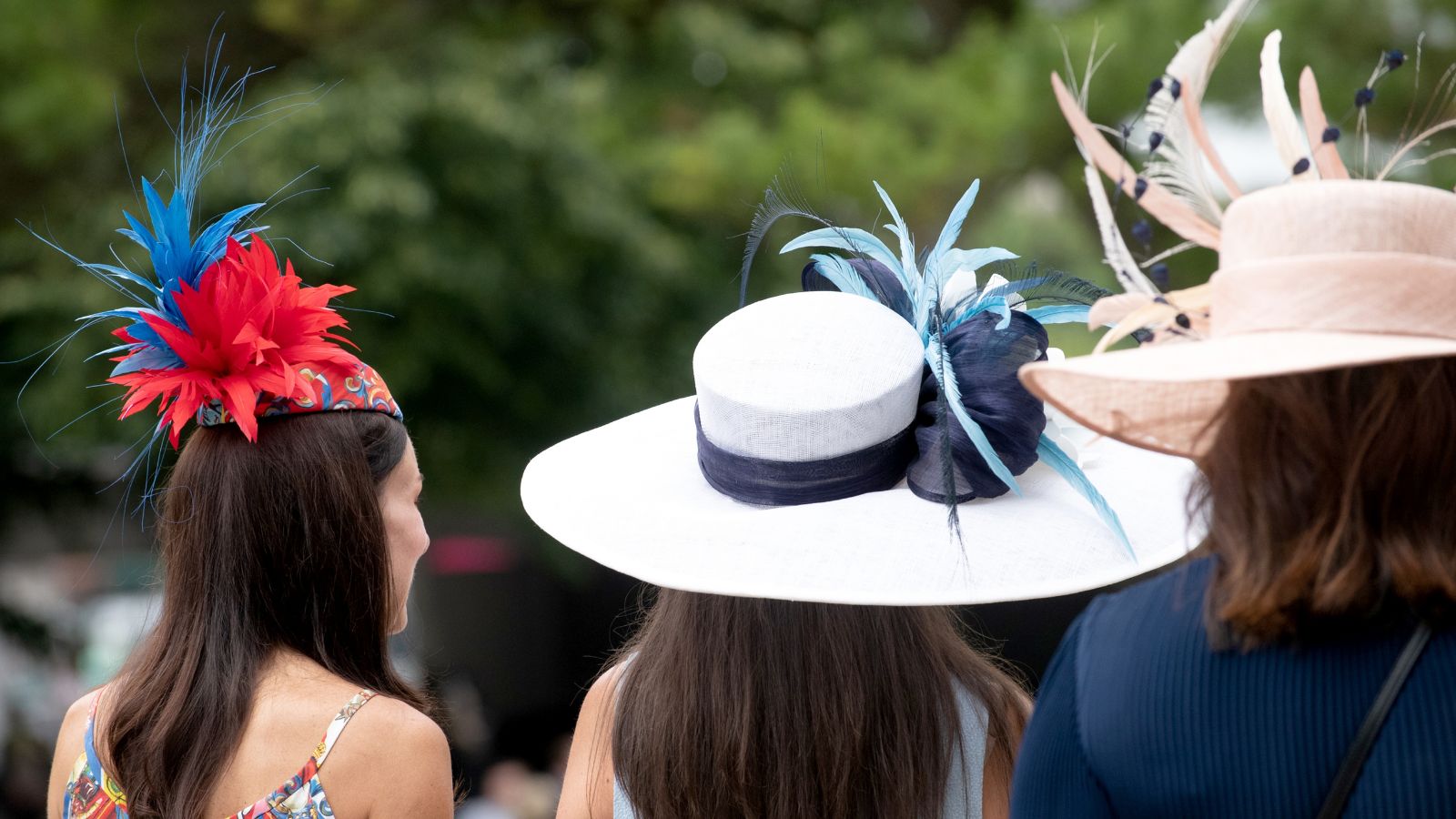
Royal Ascot is known as much for its strict dress code as it is for the horse racing. While it might seem like harmless fun to don extravagant hats and elegant attire, the rigid rules around what can and can’t be worn are increasingly out of touch with today’s fashion freedom.
Trooping the Colour Ceremony
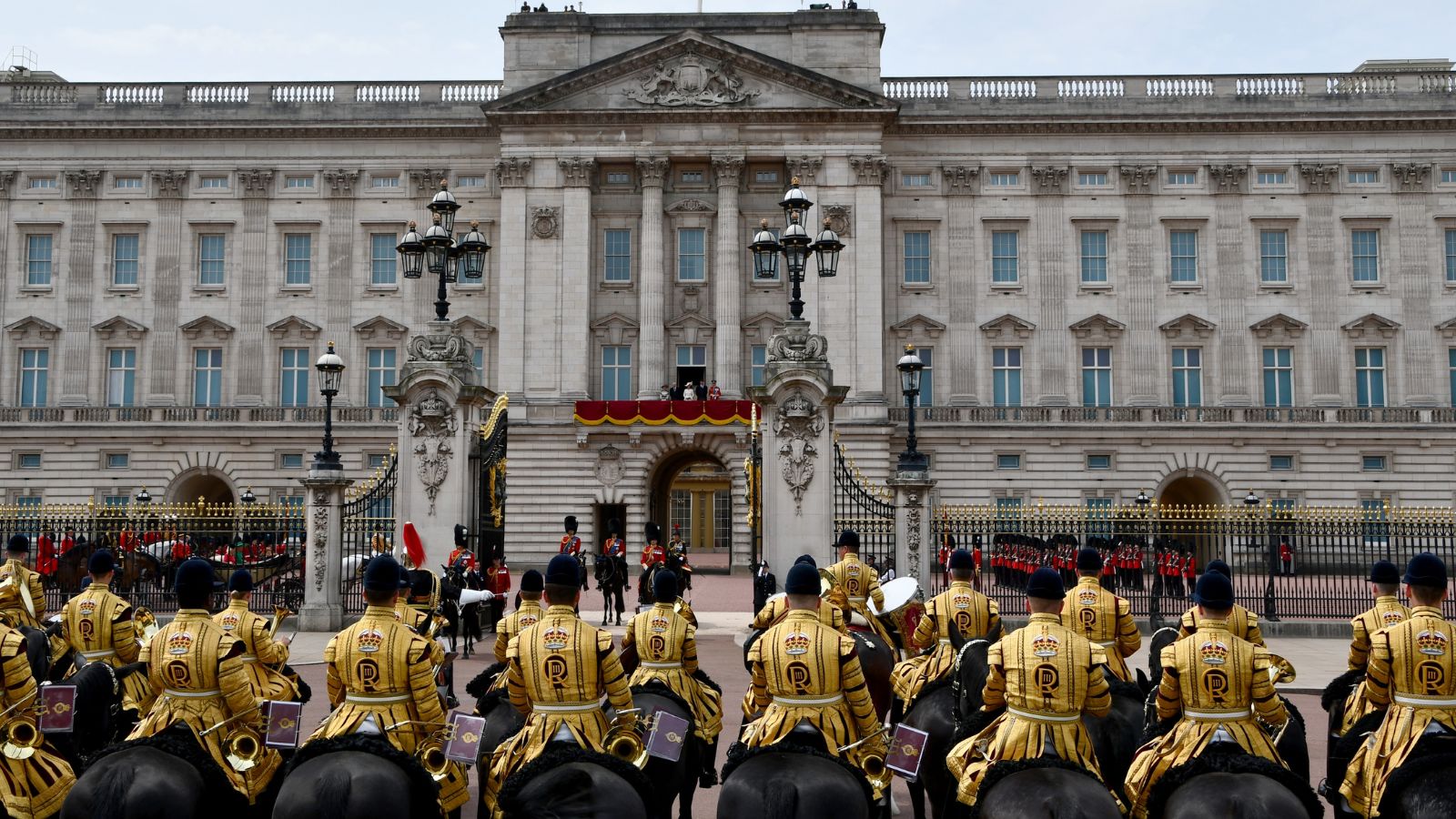
The annual Trooping the Colour is a grand spectacle meant to celebrate the Queen’s (now the King’s) official birthday, complete with military precision, pageantry, and parades. However, the pomp and circumstance feel increasingly irrelevant to the lives of everyday people.
Knighthoods and Honours
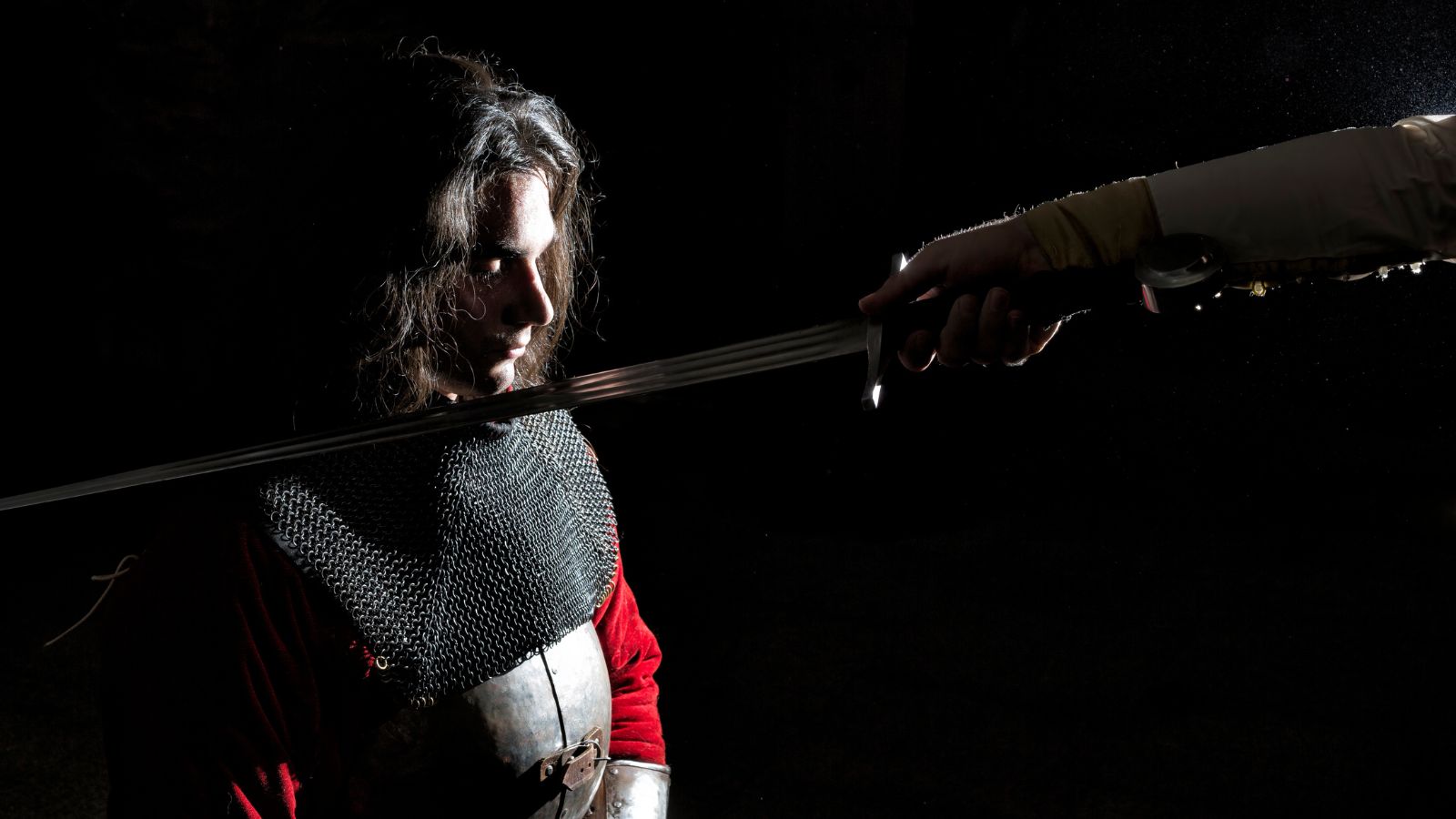
With its knighthoods and titles, the British honours system has long been a way to recognise outstanding contributions to society; however, the idea of bestowing medieval titles like “Sir” or “Dame” feels outdated in a modern, meritocratic society. The honours system often appears to favour celebrities and the well-connected, too.
The House of Lords
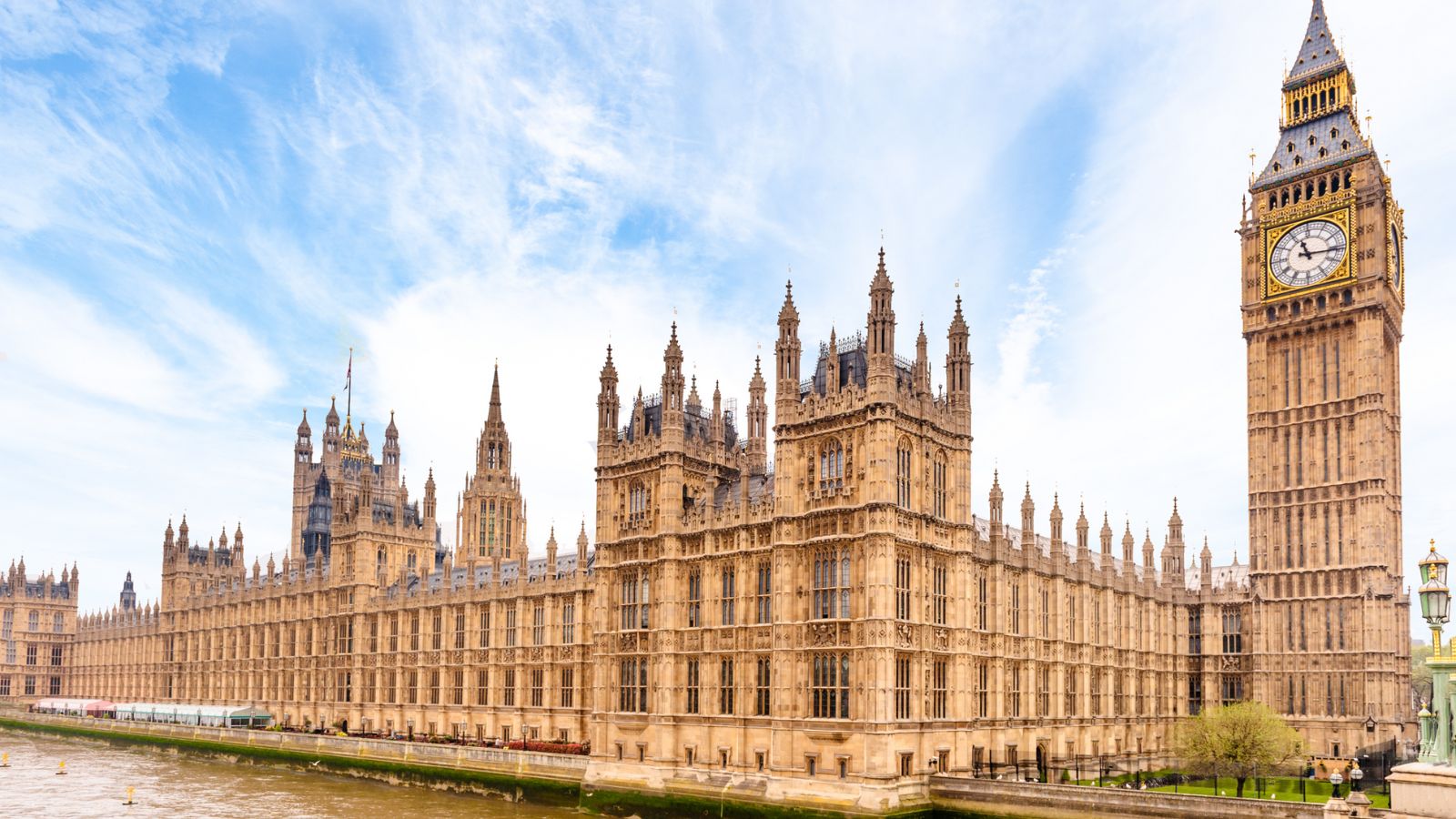
The House of Lords, as an unelected body, is one of the most anachronistic elements of British governance. Comprising life peers, bishops, and hereditary peers, this institution feels out of place in a democratic society, and the idea that individuals can influence laws without being elected by the public is increasingly hard to justify.
Changing of the Guard
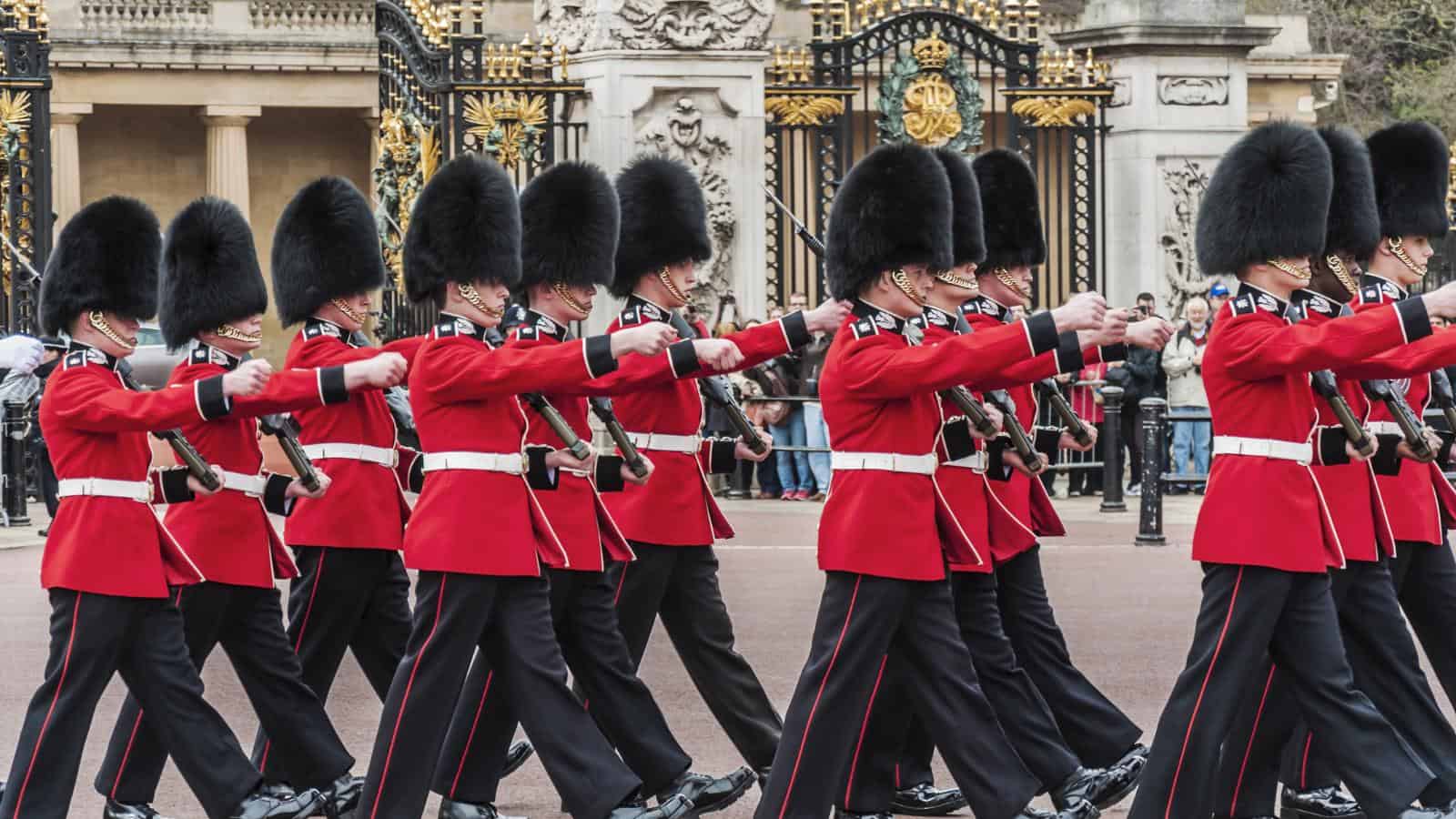
A classic tourist attraction is the Changing of the Guard at Buckingham Palace, drawing crowds daily to witness the ceremonial exchange of duty, but for many Brits, it’s a reminder of how out of touch the monarchy can seem. While it’s undoubtedly impressive in its precision, the relevance of this elaborate ritual in the 21st century is debatable.
The Monarchy Itself
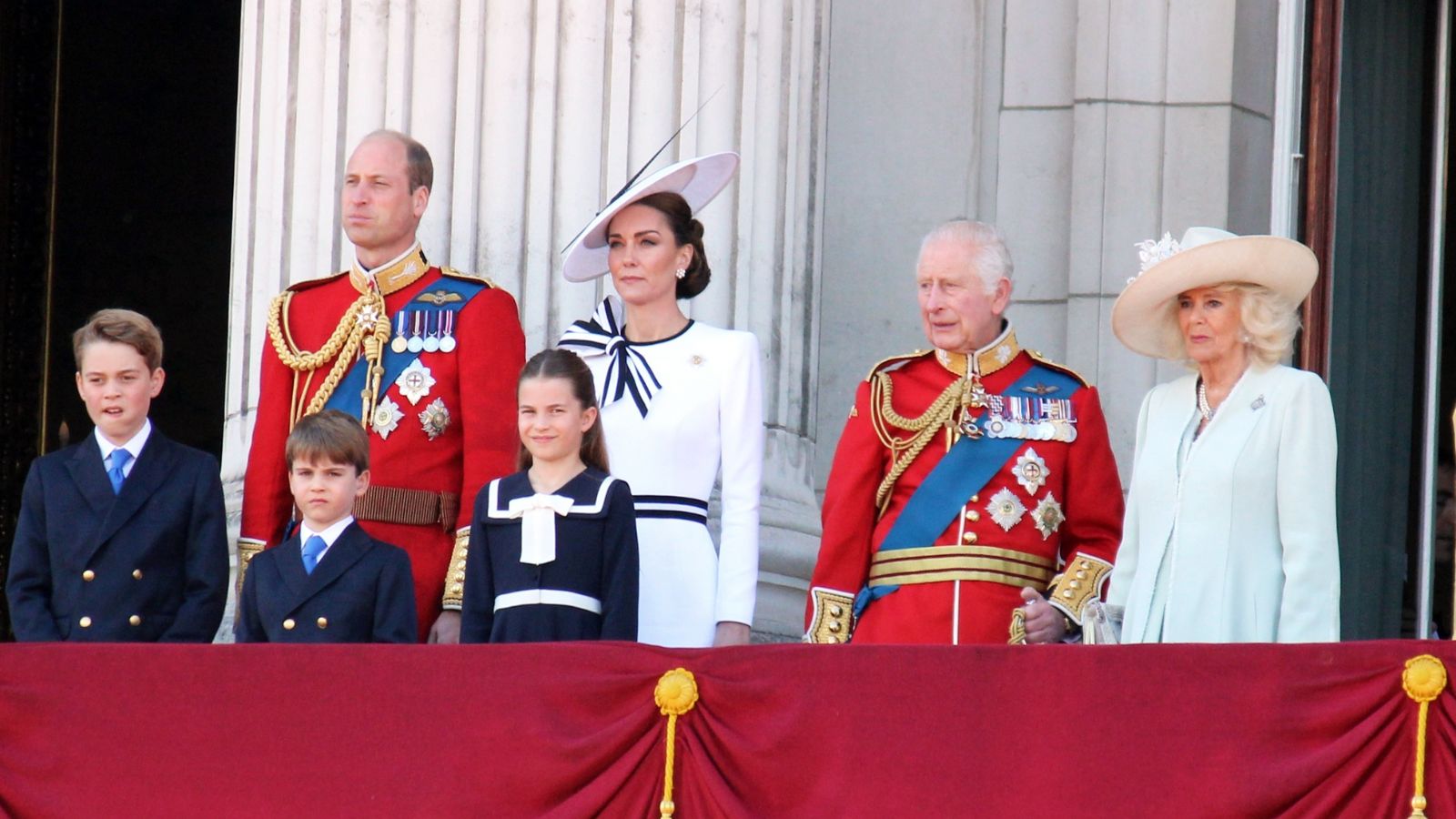
The British monarchy, while still popular among many, is increasingly seen as an institution that belongs to a different time. In an era where equality and meritocracy are highly valued, the idea of a hereditary head of state seems out of sync.
Swan Upping Ceremony
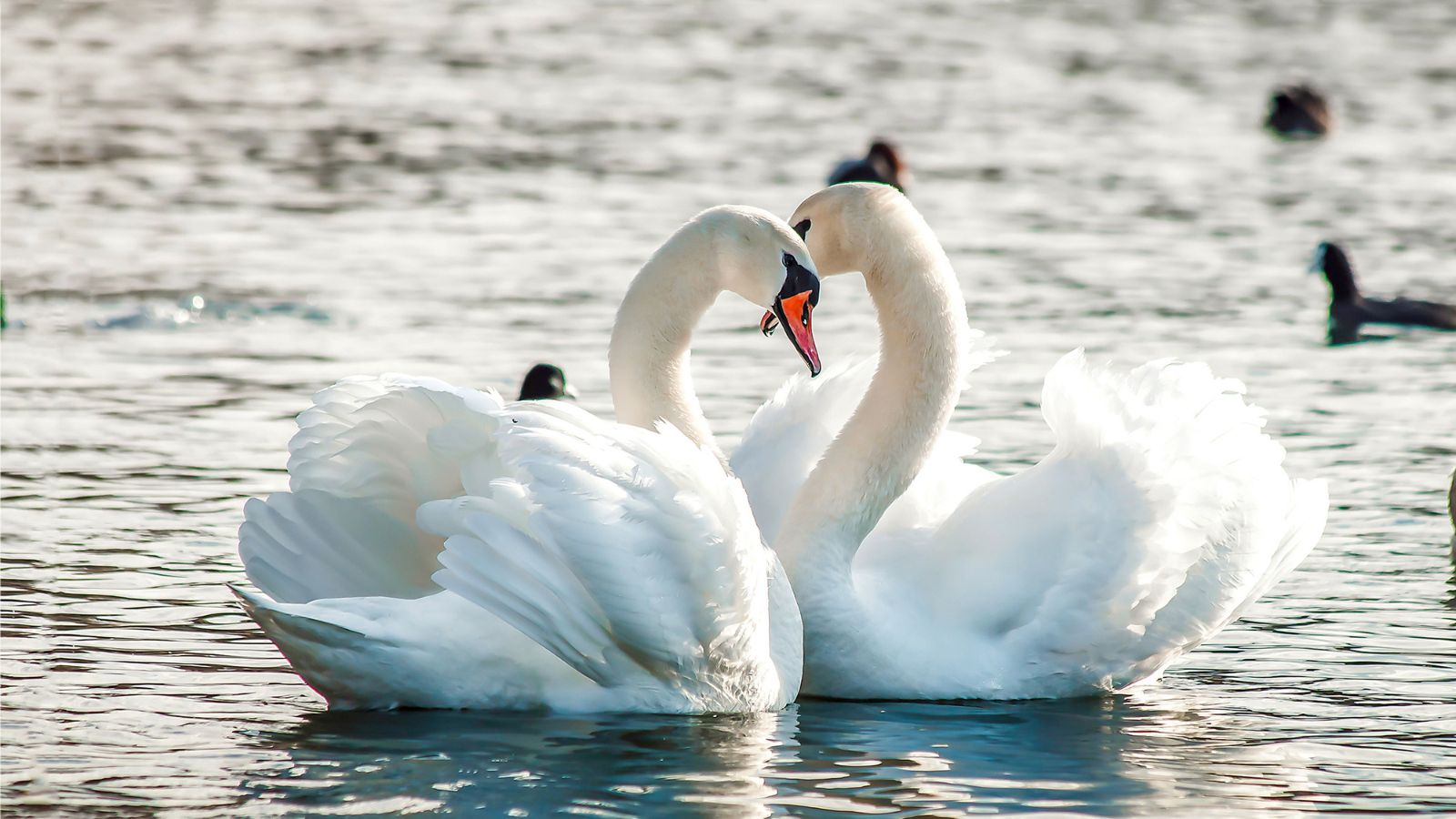
Every year, the Swan Upping ceremony takes place along the River Thames, where swans are counted and marked by the Queen’s (now King’s) Swan Marker. This medieval tradition, rooted in the royal claim to all unmarked mute swans, now seems both unnecessary and out of touch; while swan conservation is important, the ceremony itself feels like an odd relic.
Statutory Black Rod
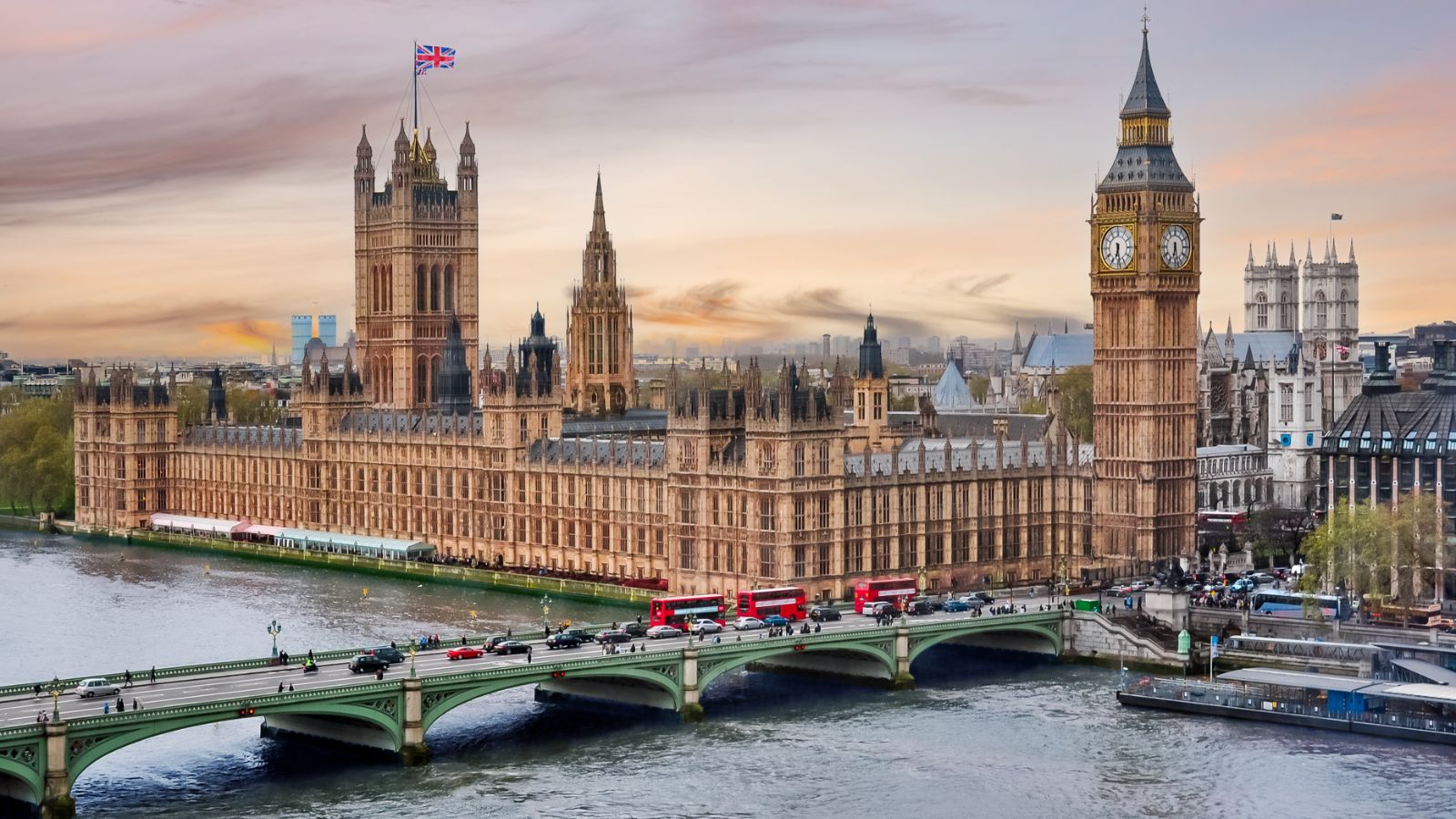
Each year, Black Rod is famously sent to the House of Commons to summon MPs to the State Opening of Parliament, only to have the doors symbolically slammed in their face. While this is meant to represent the independence of the Commons, the whole charade feels increasingly out of step with the times.
Ceremony of the Keys
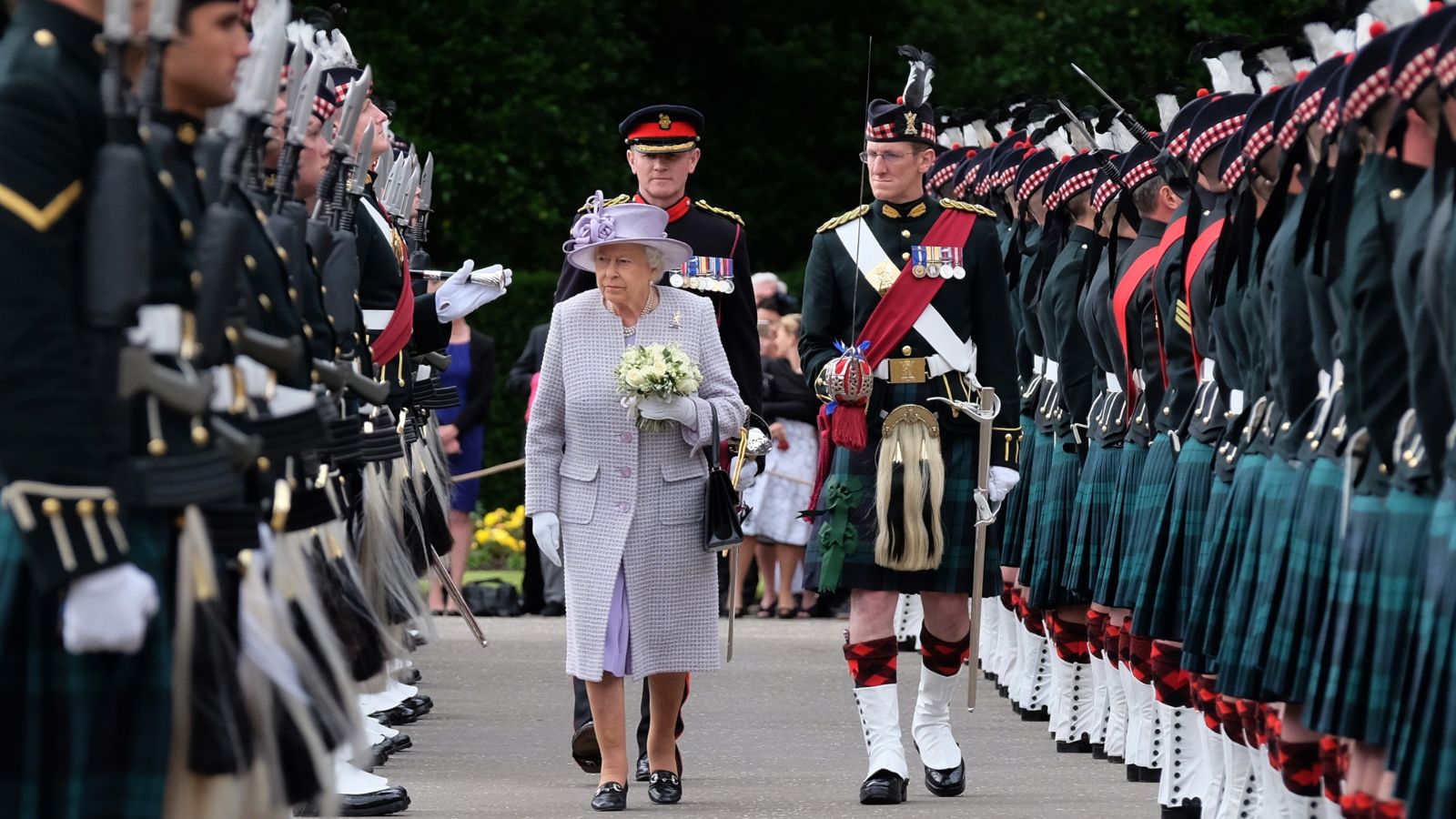
The Ceremony of the Keys at the Tower of London is another example of a tradition that feels more like a historical re-enactment than a relevant practice. This nightly event, in which the Tower is ceremonially locked up, has been carried out for over 700 years, but as security needs have evolved, so too could this ceremony—perhaps into something that better aligns with modern realities.
Lord Mayor’s Show
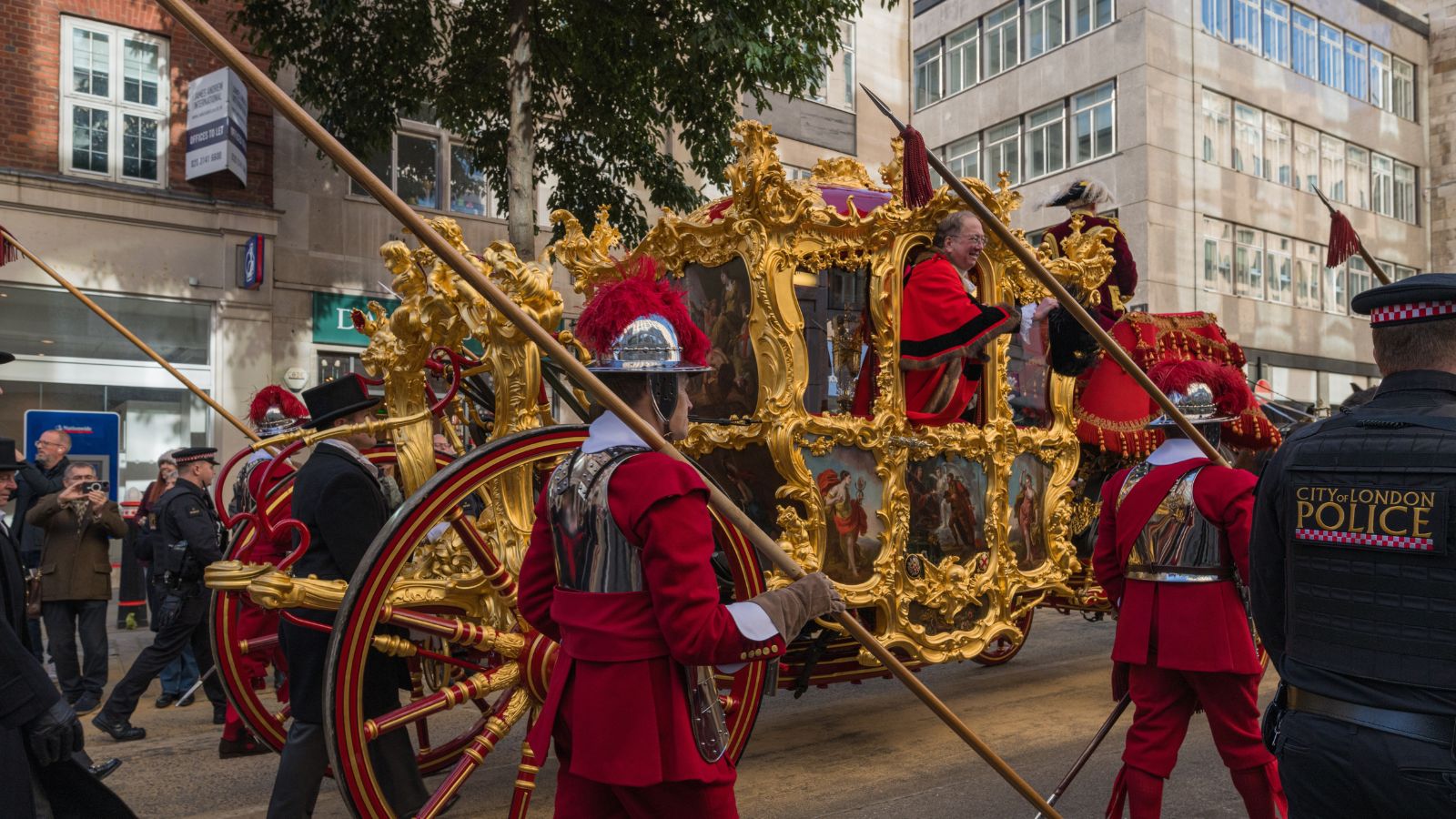
With its parades and pageantry, the Lord Mayor’s Show in London dates back to the 13th century. Originally meant to show the sovereign’s approval of the Lord Mayor, today it feels like an over-the-top display of tradition that holds little meaning for most Londoners.
Public School System
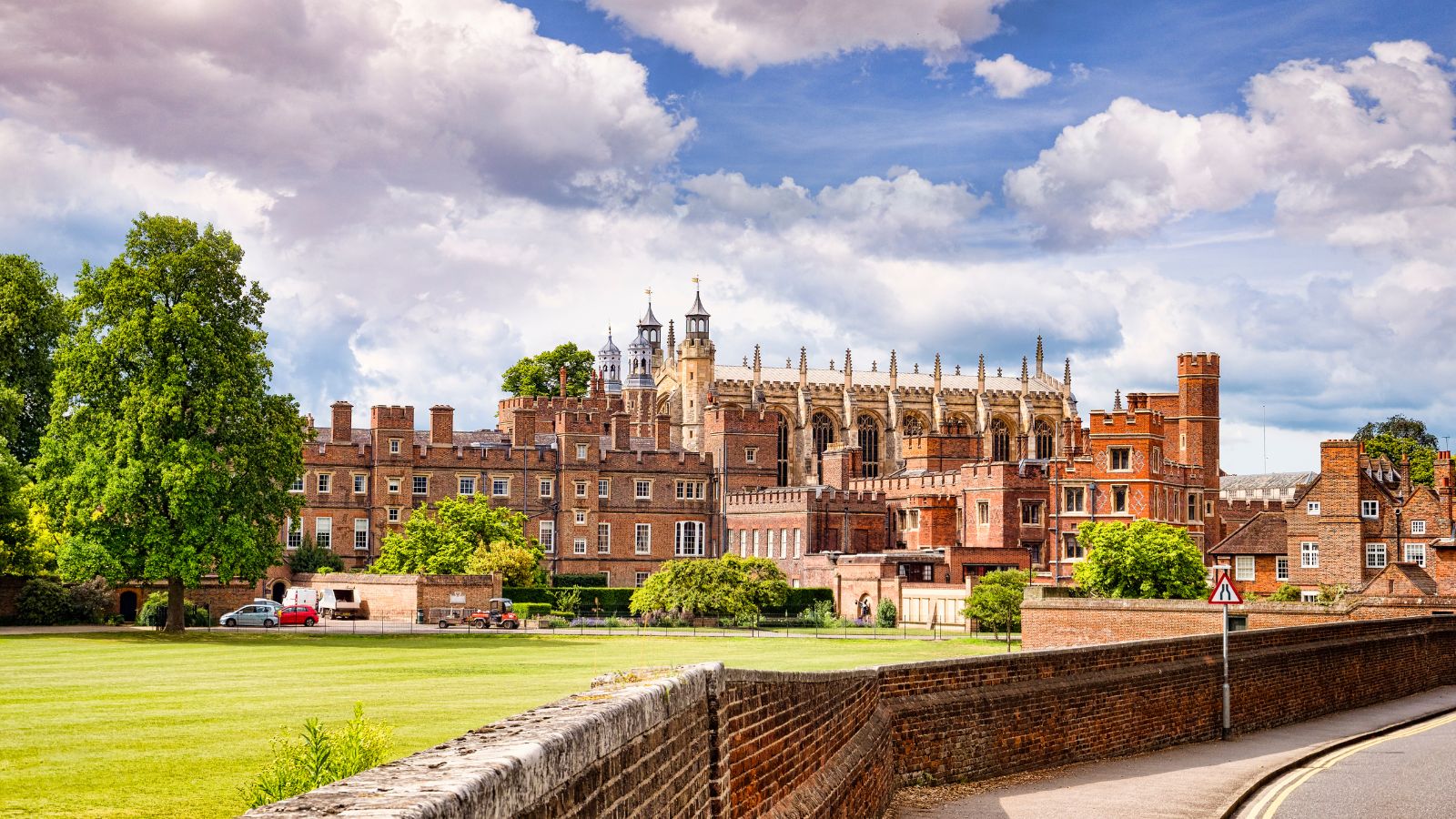
The term “public school” in the UK refers to prestigious private schools like Eton and Harrow, which have educated many of the country’s elite, yet these institutions are often criticised for perpetuating class divisions and offering opportunities based on wealth rather than merit. The continued prominence of these schools feels out of place.
Fox Hunting
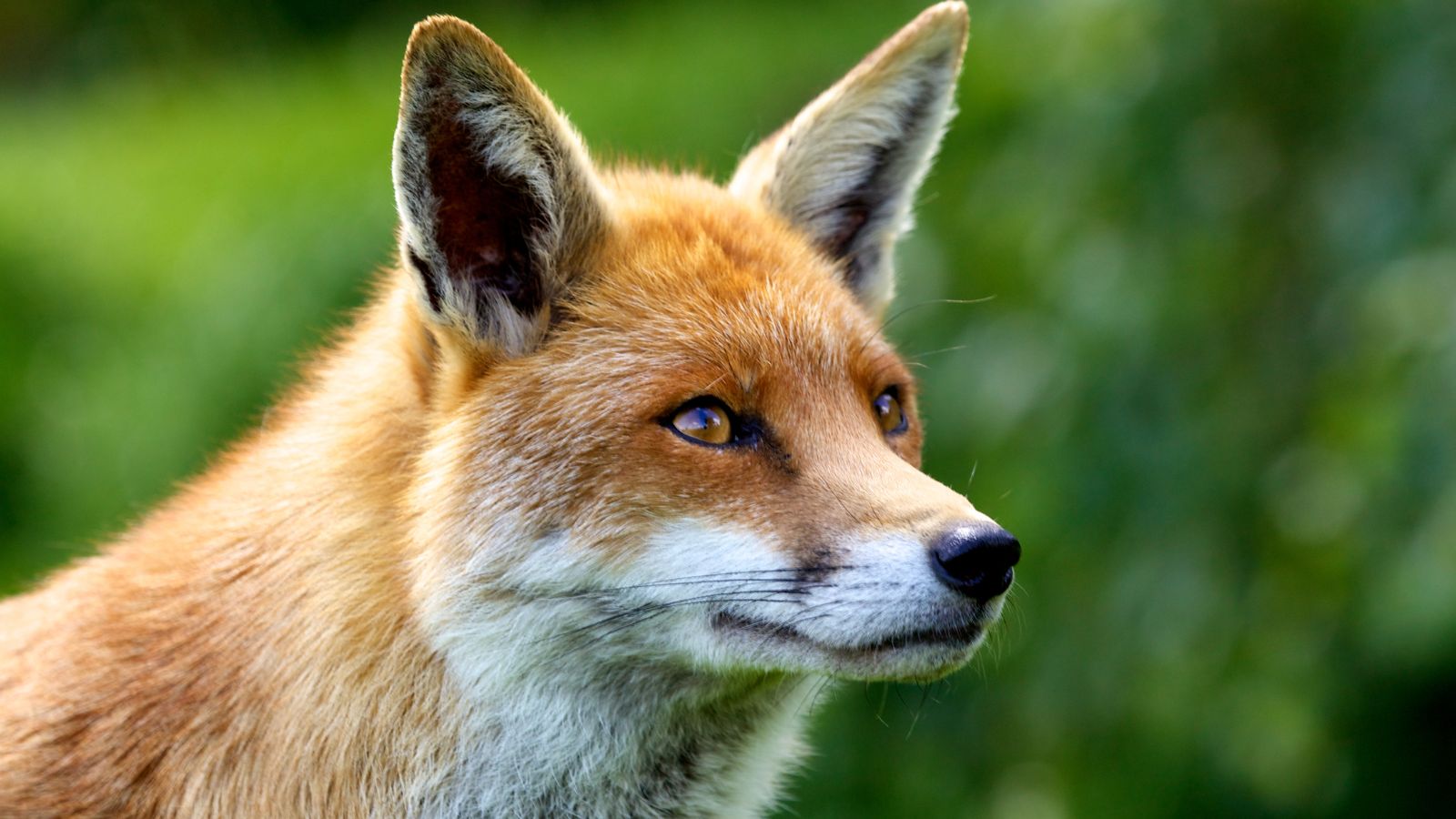
Fox hunting—though officially banned in its traditional form—still persists in various guises across the UK. This controversial practice, rooted in aristocratic tradition, is seen by many as cruel and unnecessary, and while some argue it’s part of rural heritage, the reality is that it’s a blood sport that has little place in modern society.
The Church of England’s Role in Parliament
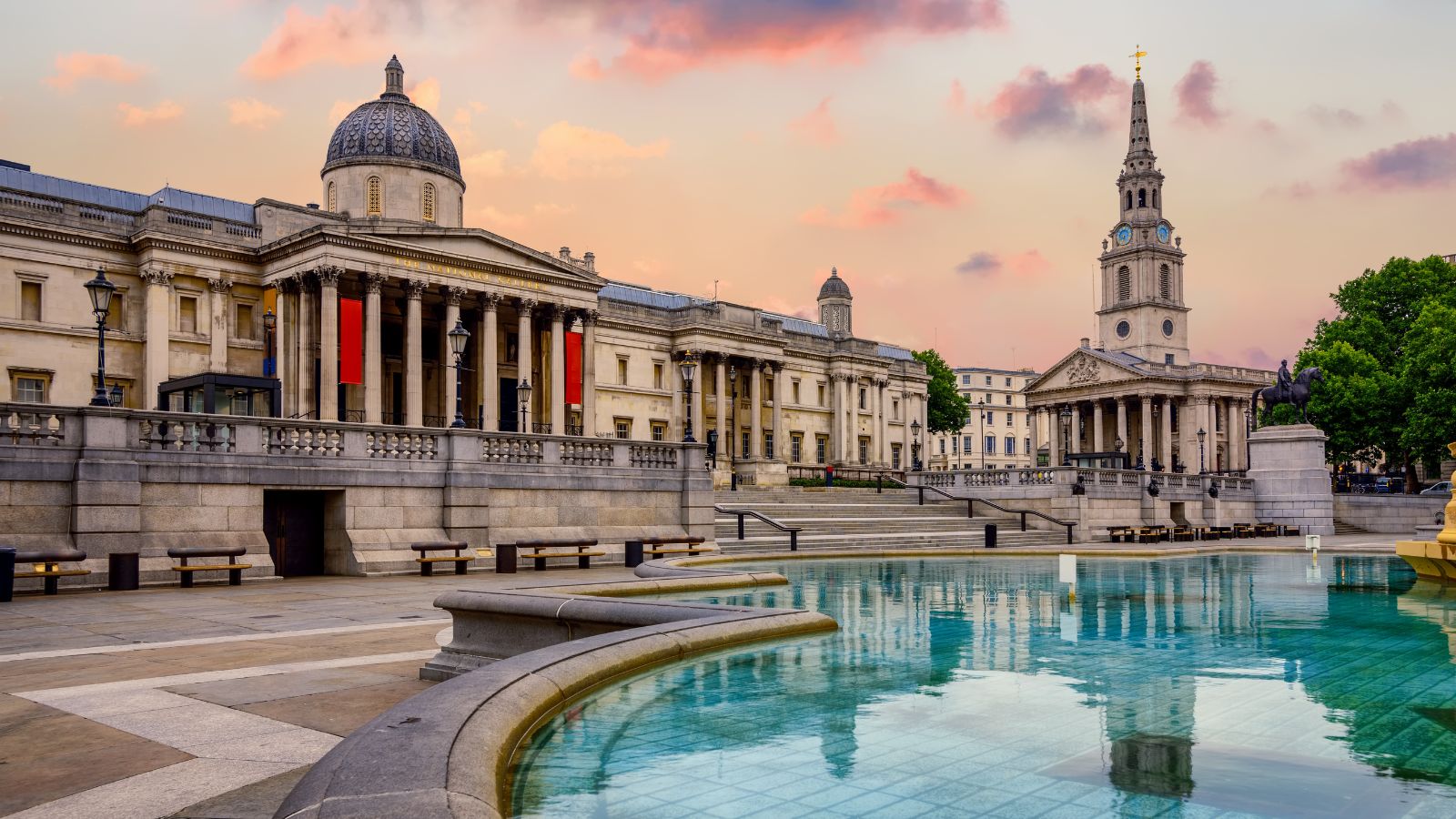
The Church of England’s bishops have seats in the House of Lords, allowing them to play a role in the legislative process, and this intertwining of religion and politics feels increasingly out of place when religious belief is on the decline. As the UK becomes more diverse and secular, the privileged position of the Church in government appears more anachronistic.
The State Opening of Parliament
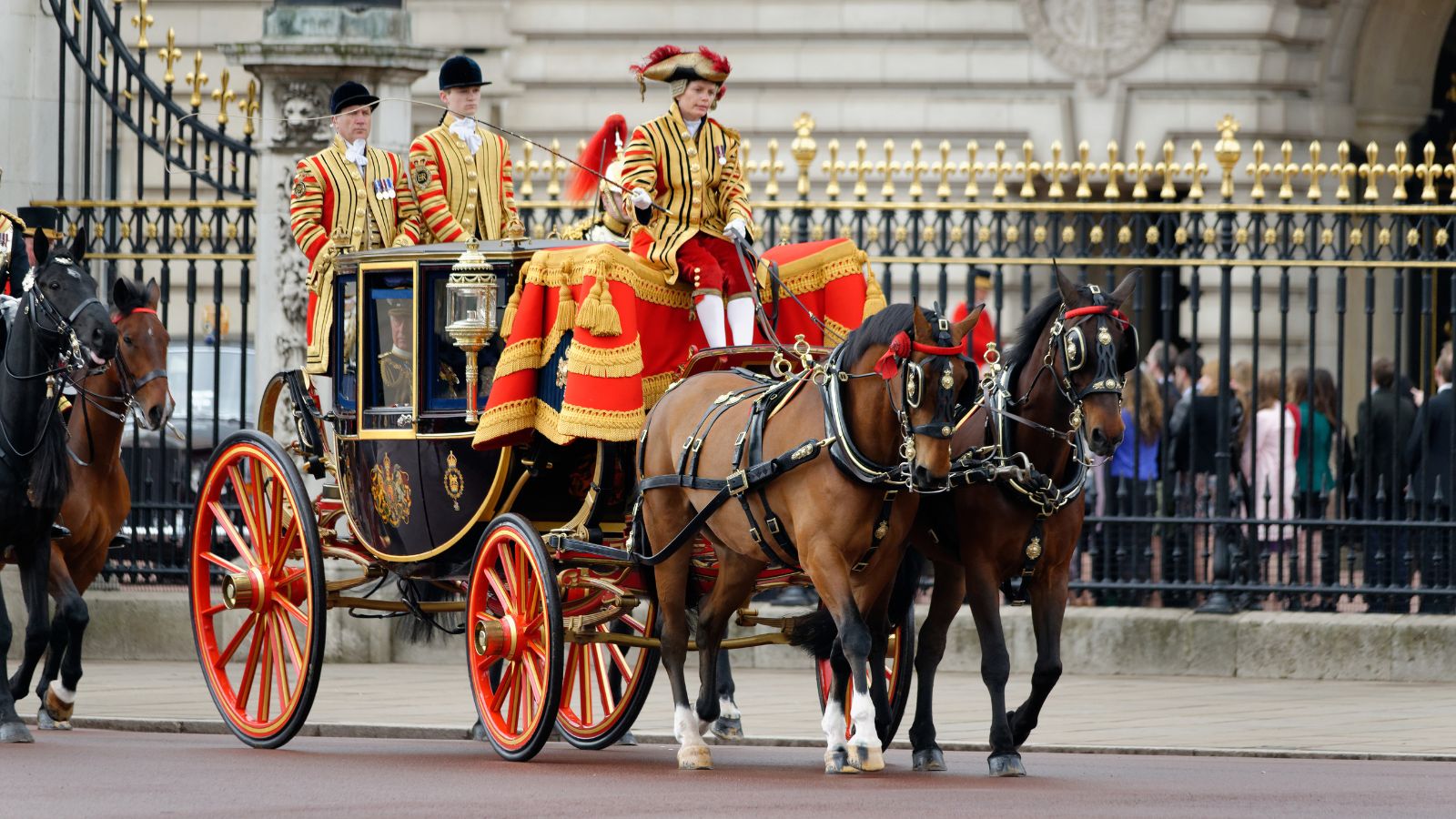
An elaborate event marked by the Queen’s (now the King’s) speech, which sets out the government’s agenda, the State Opening of Parliament is a ceremony that involves a great deal of pomp and ritual. While it’s a display of tradition, it’s also increasingly seen as an unnecessary spectacle in a modern democracy.
Pantomime Dames
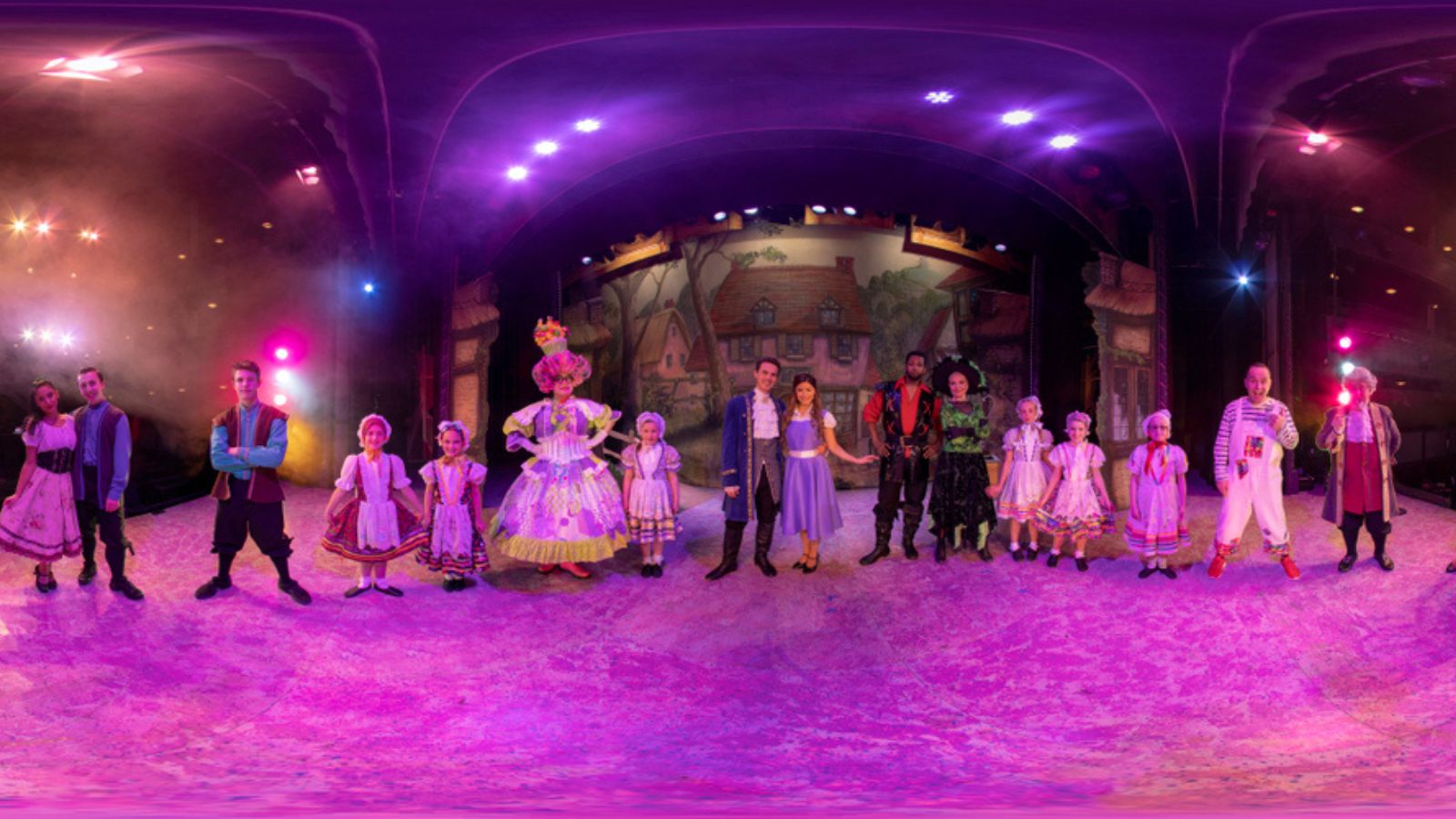
Pantomime is a beloved British theatrical tradition, particularly around Christmas; however, the role of the Pantomime Dame—typically a man dressed in exaggerated women’s clothing—has sparked debate. While some see it as harmless fun, others argue that it perpetuates outdated and stereotypical views of gender.
The Rigid Class System
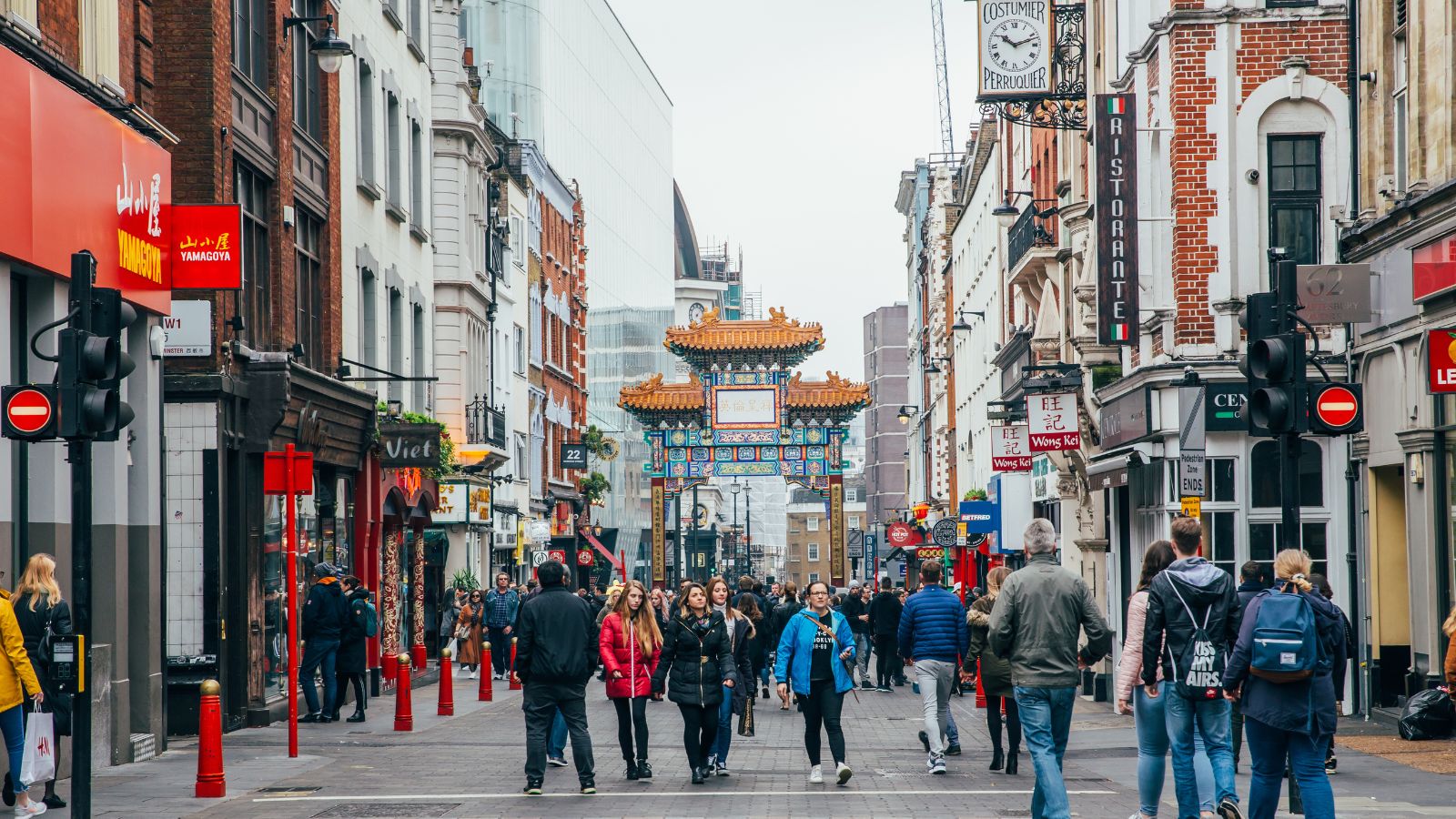
The British class system, with its deep roots in history, still lingers in modern society, often dictating social interactions, opportunities, and even accents. It’s true that it’s less overt than in the past, but the remnants of this rigid structure can still be seen in everything from education to employment.
The Lords Spiritual
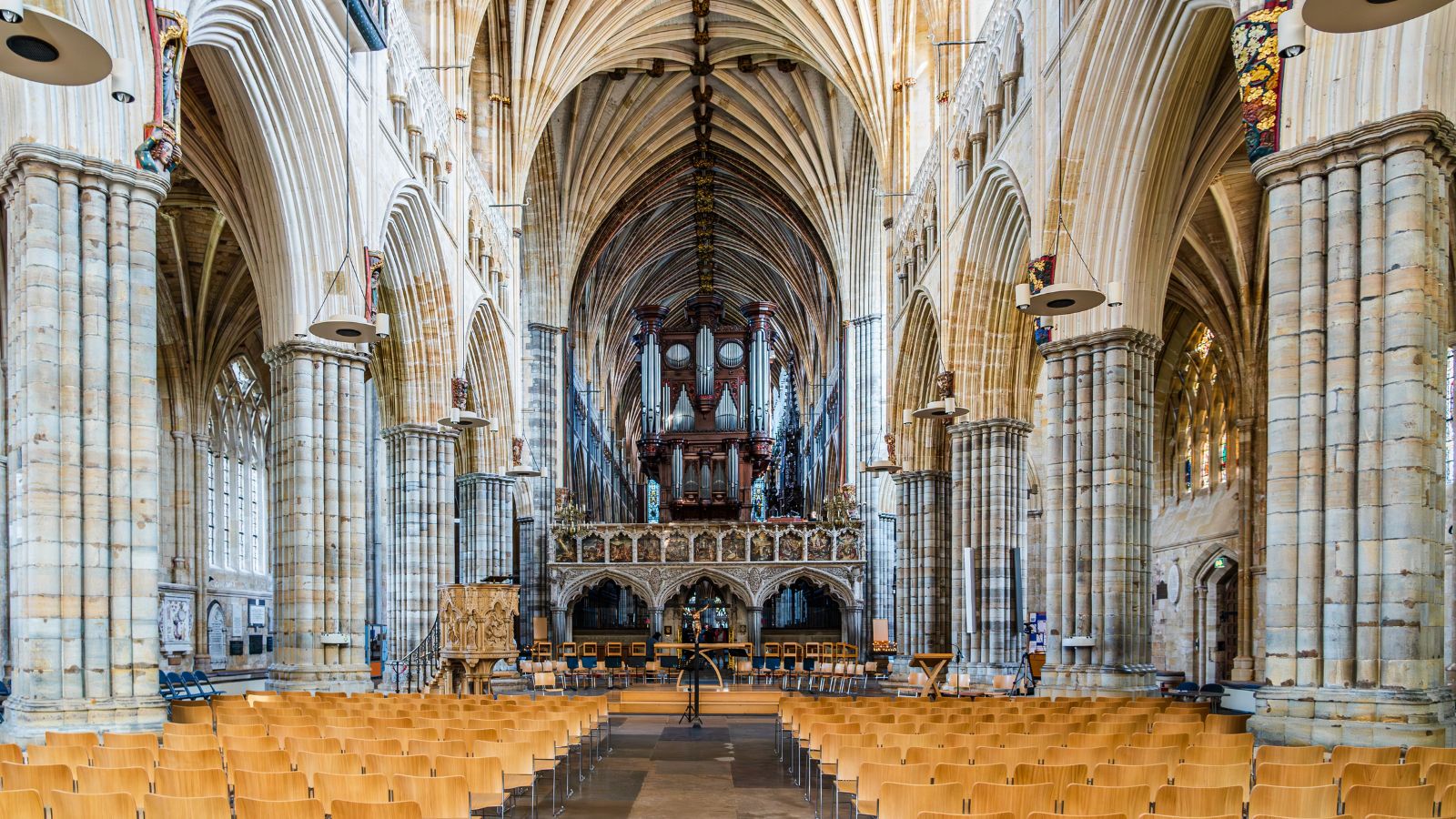
A group of bishops from the Church of England are known as The Lords Spiritual, and hold seats in the House of Lords, having a say in the creation of laws. This tradition, which dates back centuries, is increasingly out of sync with a modern, pluralistic society.
The King’s Consent
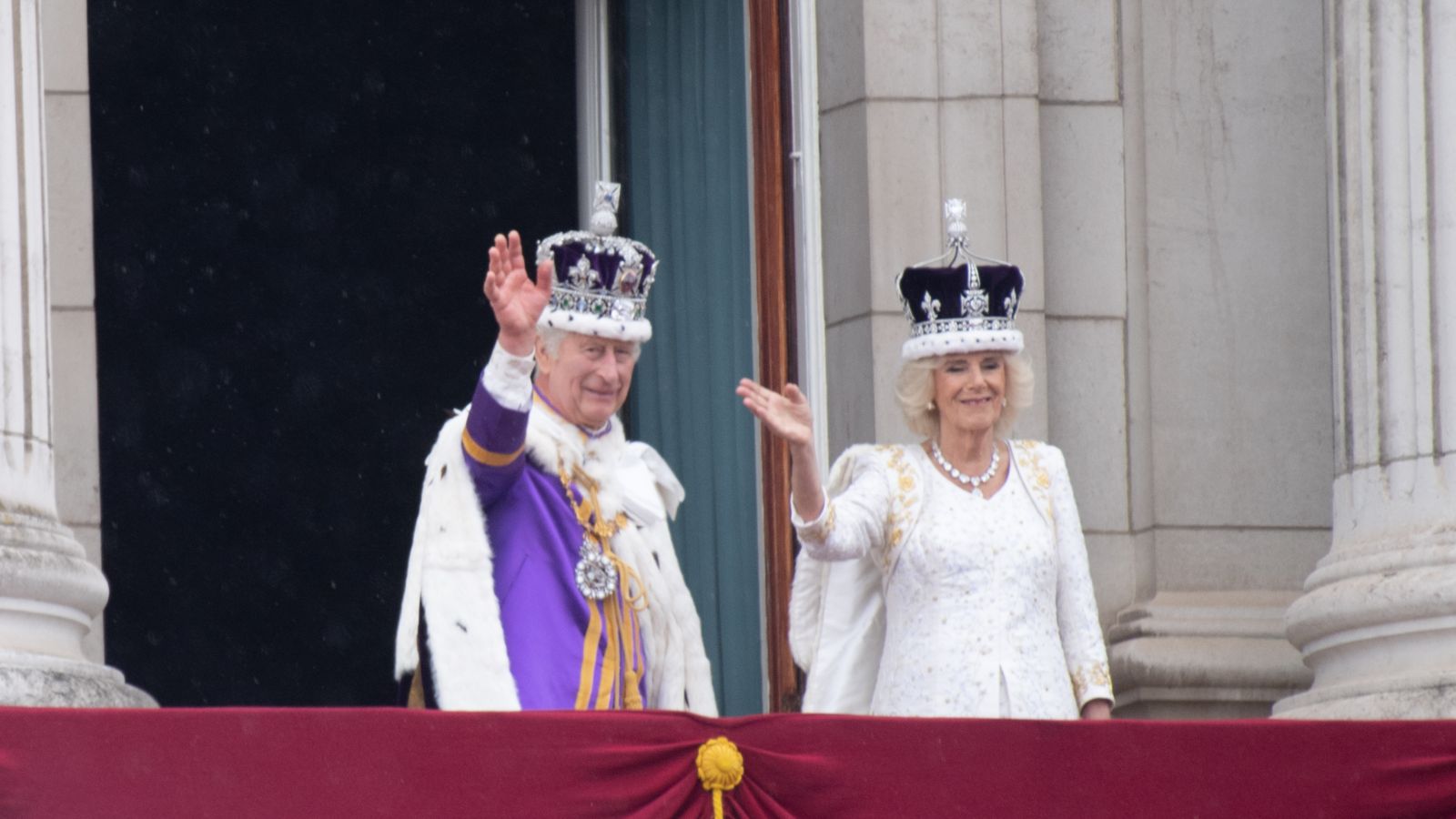
The practice of seeking the King’s Consent before certain parliamentary bills can be debated is a little-known but significant tradition. This practice, which allows the monarch to vet laws that might affect the Crown’s interests, feels out of place in a democracy where elected representatives are meant to have the final say.
Guy Fawkes Night
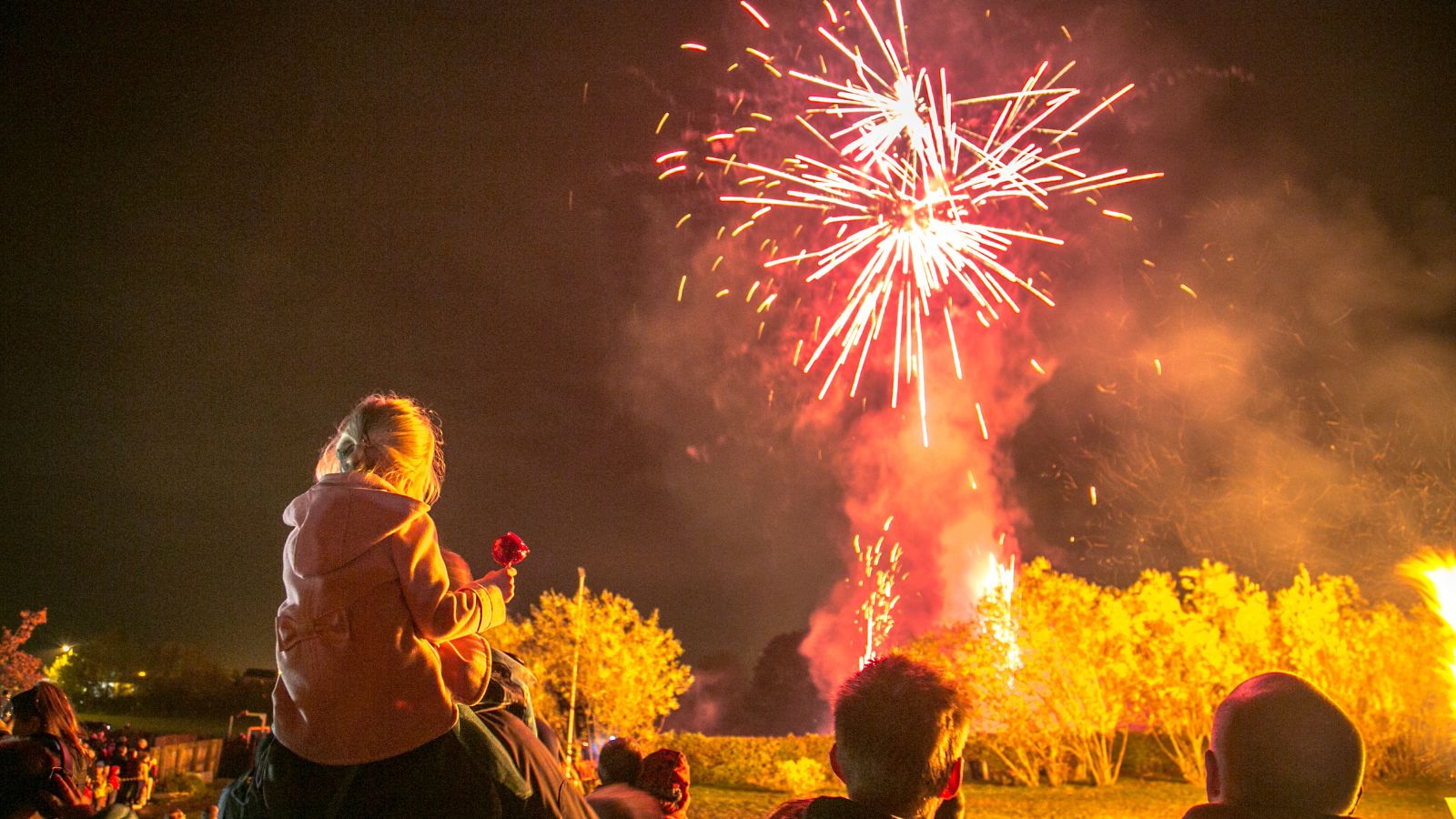
And finally, Guy Fawkes Night, also known as Bonfire Night, is a tradition that commemorates the failed Gunpowder Plot of 1605 with fireworks and bonfires. While it’s a popular event, the celebration of an attempted act of violence seems increasingly out of step with today’s values.

